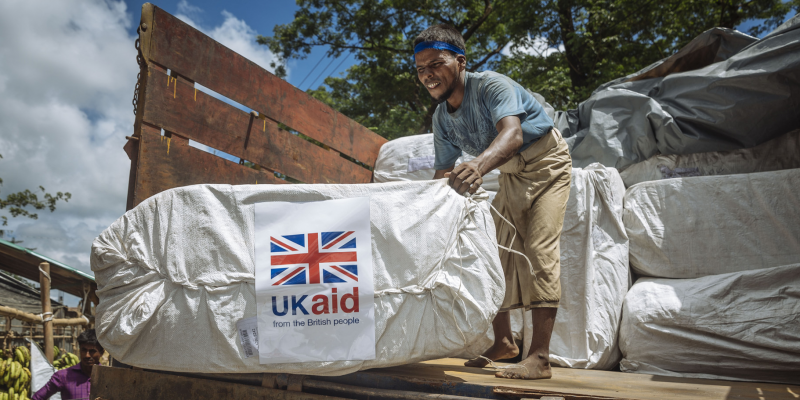The UK government’s decision to U-turn on their manifesto pledge to protect UK Aid spending and its legal obligation to spend 0.7% of UK gross national income (GNI) Official Development Assistance came as no surprise to many.
The outpouring of evidenced-informed criticisms of the decision from experts and leaders old and new also came as no surprise. From rational commentary on the fiscal realities of how the cuts impact (or not!) on UK Finances, to warnings about how the cuts will impact upon girls’ education, opposition to the decision is clear.
Like many of our members, the Alliance signed onto Bond’s open letter calling on the Prime Minister not to reduce spending – but our collective voice was all but ignored.
More concerning is that the temporary cut to 0.5% of GNI, which the Chancellor explained would return to 0.7 “when the fiscal situation allows”, may not be as temporary as we’d hope as the Foreign Secretary clarified the following day.
So what now?
Well, to start with, we must not give up just yet. The UK Government will have to pass legislation in order to realise the cuts, which will likely come to Parliament early in the new year. We also already know that senior conservative MPs plan a rebellion and hope to force the Government into a U-turn.
As such, our colleagues at Bond don’t think it is useful to contact Conservative MPs on this issue right now. Furthermore, in Scotland, there just aren’t that many MPs to contact on this issue who don’t already condemn the planned cuts.
The SNP oppose them, as do many Conservatives both north and south of the border. We hope that Scottish Conservatives will vote against legislation coming to Parliament in the new year to remove or amend the 0.7% requirement. International development has traditionally attracted cross-party support and some of the loudest voices now for maintaining the 0.7% come from the Conservative benches.
At the Alliance we also think it is time for our sector to come together to address the elephant in the room – public opinion. We (those who support development spending) must be under no illusion that the decision to cut ODA does not garner support, because it does.
We’ve known for some time that large swathes of the UK population are in favour of cutting ‘foreign aid’, amid ever-growing right wing populism.
More worryingly, support for last month’s decision does not seem to reside only within the right-wing populist movement, but as this YouGov poll shows, can be found right across the political spectrum.
The fact is that cuts to ODA just don’t capture the public imagination in the same way as, for instance, Marcus Rashford’s campaign to protect free school meals.
We need to make a collective effort to change this, and get the public behind what we know is so important.
In Scotland, we may have a head start compared to other parts of the UK in doing just that. We know from our own polling and recent analysis by the Development Engagement Lab that the Scottish public are more likely to support increasing the UK aid budget than their counterparts in other areas of the UK. We also know that Scots are more likely to say UK aid should be given based on need and that they strongly reject the notion of UK aid in the national interest.
Let’s make the case for 0.7%
This all leads us to think that we must nurture and develop public support in Scotland as much as we can. If every member of the Alliance makes the case for 0.7% in every public setting available to them, we can help build momentum that will undoubtedly help do the same elsewhere in the UK.
We must also talk to our neighbours, our friends and our families about why the 0.7% commitment is so important. We must make the case for principled global sustainable development and explain why it is both morally right and economically sensible.


